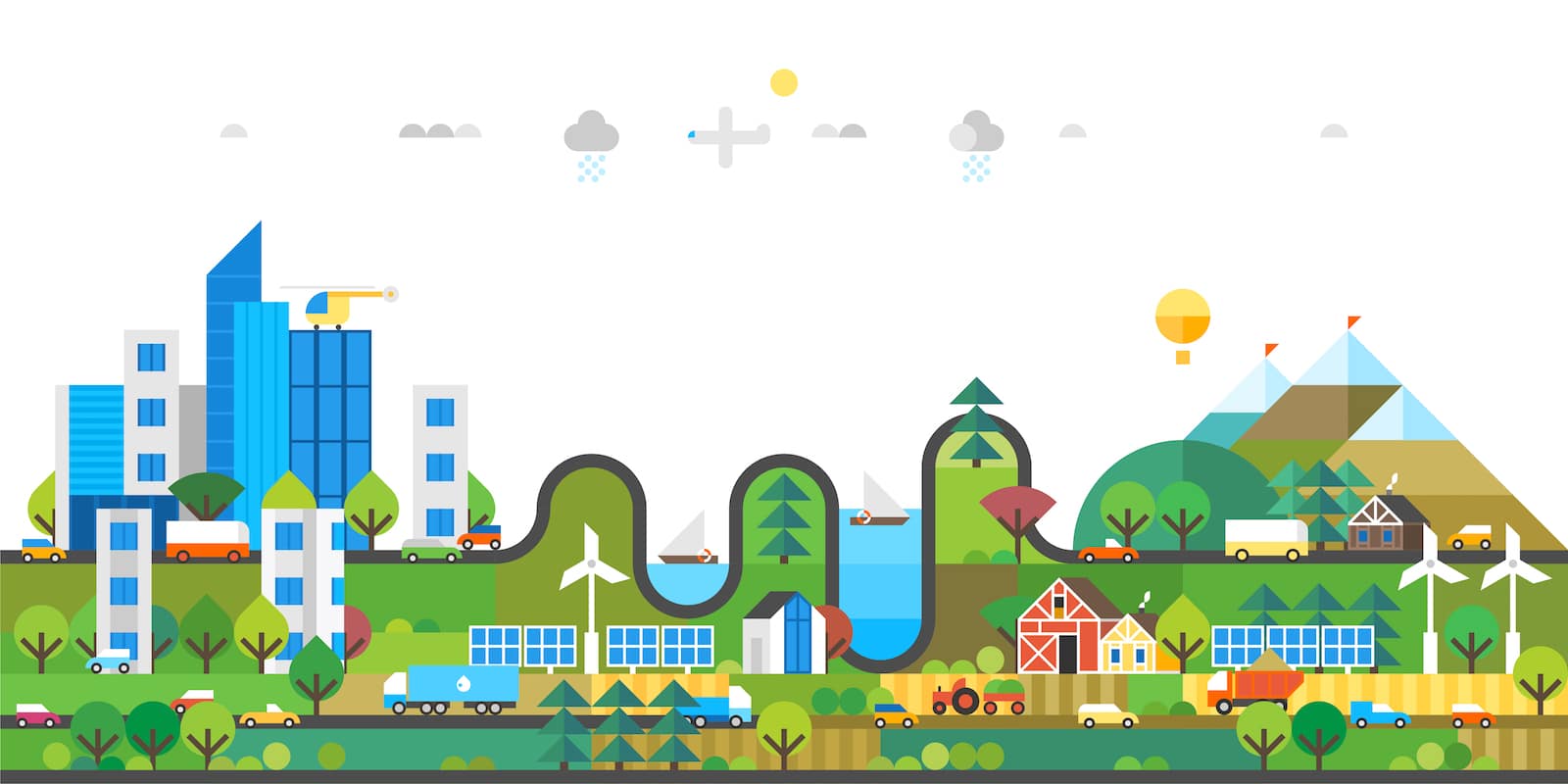History will likely look back at the energy sector of today with bewilderment. Yesterday’s fossil fuel addiction may be seen as a mistake of ignorance that powered our social and industrial development. They will likely look at tomorrow’s efficient and green era of energy abundance as the first step in the right direction. Today however, they will see that we have the knowledge and skills to shift to a cheap, clean and efficient energy system but, for one reason or another, we have not.
Some people may respond to that with that same old rhetoric, “renewable energy is not dependable, it fluctuates too much, is not available at night, and it cannot provide the baseload energy supply.” In short, that is all now incorrect. Only solar power drops at night and we have energy storage to account for that. Wind, wave, geothermal and other forms of renewable energy are not dependant on sunlight. Tidal energy, for example, can be as dependable as the orbit of the moon that controls our tides.
Others may respond by saying this is all politics not logical thinking, and that is how it will go down in history. This may well be right, fossil fuels still enjoy huge hidden subsidies that are not available to renewable energy generation. The most reasonable explanation may be that those who have achieved great economic and political power through fossil fuel production, are now using that power to maintain the status quo.
A Harvard study released last August, accused oil giant Exxon Mobil of misleading the public during the past 40 years, over the causes and implications of climate change. While the current business focused US administration is gradually dismantling the Environmental Protection Agency (EPA) and supporting a resurgence of fossil fuels with policy and funding.
Imagine for a second that there was never any resistance towards the shift from fossil fuels to renewable energy. That major power producers welcomed distributed energy resources, in which a multitude of small renewable energy generation sources removed the need for large power stations. Where the electric car would have been released in the mid-90’s, when the technology was ready.
Imagine where we would be if we were all pushing in the same energy direction – a direction that most people consider inevitabile due to undeniable forces like climate change and fossil fuel depletion. Rather than living in an age of energy efficiency, we should be living in the age of energy abundance – but what would that look like and how would it change the way we live and work?
Economy
There are not many changes that would be more invigorating to business and industry than cheap abundant electricity. Firstly, by reducing or removing energy costs from businesses, you free up funds for greater value creation. Secondly, without energy consumption holding business development on a leash, by putting an energy cost on every expansion and new activity, our economy could be let loose to thrive in a fundamentally different landscape.
Many governments, the current US administration included, have sought to boost their economies by reducing the cost of electricity. This has generally come about by subsidising fossil fuels rather than encouraging the long-term development of renewable energy - perhaps due to the short-sighted nature of our political leaders. The well publicized statistic that covering 1.2% of the Sahara desert with solar panels is sufficient to provide all of the energy needs of the world is not a fantasy - politics and geography, not technology, stands in the way of such projects.

Buildings and Cities
As we have reported on extensively at Memoori, our buildings and cities are undergoing a smart technology revolution. At first this trend was driven by energy efficiency, offering attractive returns on investment against the backdrop of high electricity prices. Now, sensors and smart infrastructure like the internet of things (IoT) are beginning to make our buildings and cities healthier, happier, more comfortable and more productive, elevating society as a whole.
“The evolution of smart buildings is about more than just energy efficiency. It is about connecting people, sensing our needs and learning our habits in order to make our lives more healthy, efficient and happy. Smart buildings are designed to meet an objective, and in the case of workplaces this means making employees more productive,” explains our recent report: The Future Workplace: Smart Office Design in the IoT Era.
Riding this IoT wave, our “smart cities” are flooded with new ideas to elevate all aspects of society. Electric driverless cars can reduce congestion while offering personal transportation; drone deliveries also reduce congestion and revolutionize retail. Drones have been developed to test for and map air pollution, other sensors in water, sewage and gas pipes or electricity lines will improve the dependability of our infrastructure. The list goes on and on.
These innovations are happening today, driven by a new breed of start-up company. Despite our preoccupation with energy efficiency and high electricity prices, we are creating incredible new solutions that fundamentally improve the lives of all people and the productivity of businesses.
Energy factors are not the only ones that may be holding back the pace of our inevitable evolution to a green, healthy, high-tech, productive future - but imagine where we might be if business and government had fully embraced and encouraged renewable energy from the outset, some 40+ years ago.
For whatever it’s worth, how history is likely to remember this era will be less about what we have done to date, and much more about what we do from this point forward. It is still possible that we could be remembered as the generation that truely shook off the shackles of fossil fuel and embraced clean energy abundance.
[contact-form-7 id="3204" title="memoori-newsletter"]



